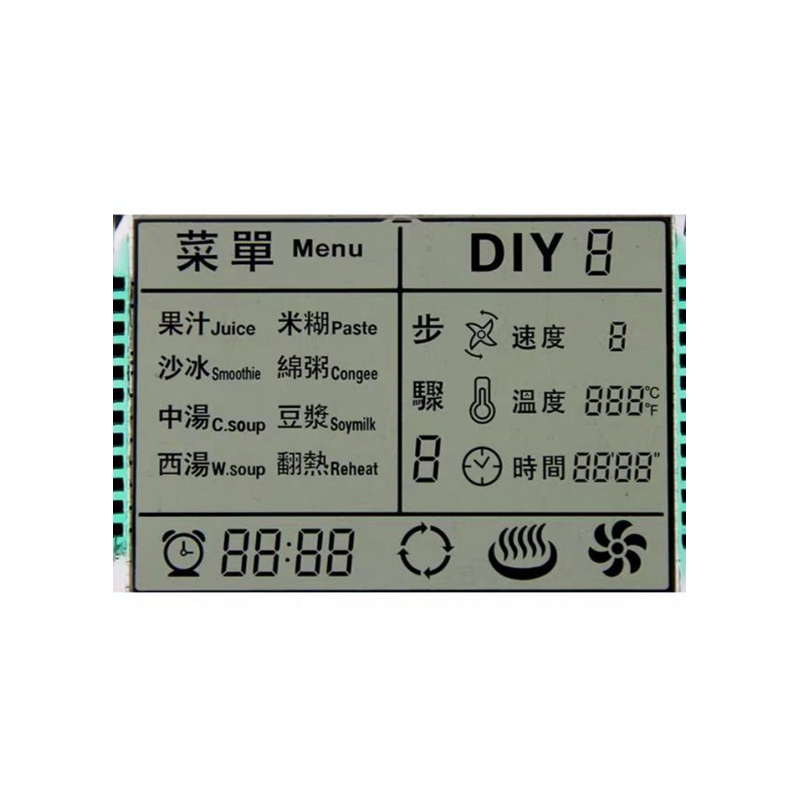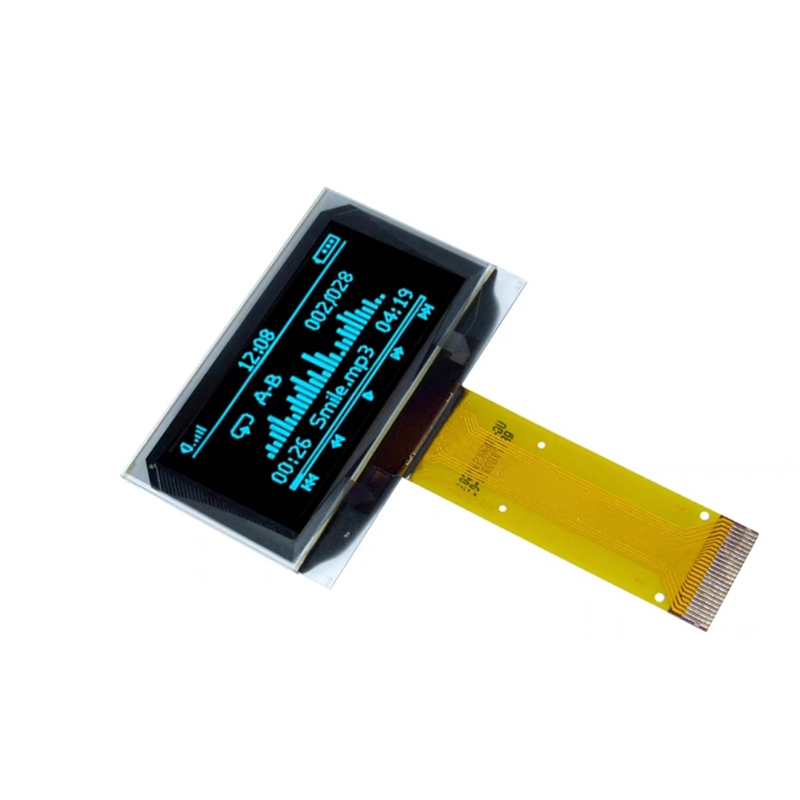Transparent OLED Display: A Comprehensive GuideTransparent OLED displays are revolutionizing various industries, offering a unique blend of aesthetics and functionality. This article delves into the technology behind transparent OLED displays, exploring their applications, advantages, limitations, and future prospects. We'll examine different types, manufacturing processes, and key considerations for choosing the right display for your specific needs.
Understanding Transparent OLED Technology
What are Transparent OLED Displays?
Transparent OLED displays, unlike traditional LCDs, utilize organic light-emitting diodes (OLEDs) that can be made partially or fully transparent. This is achieved by carefully controlling the transparency of the OLED layers. The resulting display allows light to pass through, creating a see-through effect while still displaying images. This unique characteristic opens doors to innovative applications previously unimaginable.
How Transparent OLEDs Work
The technology behind
transparent OLED displays relies on the ability of organic materials to emit light when an electric current is applied. By structuring the OLED layers and utilizing transparent materials in the substrate and electrodes, manufacturers can achieve varying degrees of transparency. The level of transparency depends on factors such as the thickness and composition of the OLED layers and the chosen substrate material. The more transparent the layers, the greater the light transmission.
Types of Transparent OLED Displays
There are several types of
transparent OLED displays, each with varying levels of transparency and performance characteristics. These include: Partially Transparent Displays: These displays offer a balance between transparency and image quality. They are suitable for applications where a degree of see-through functionality is desired alongside a clear image display. Fully Transparent Displays: These displays prioritize maximum transparency, sacrificing some image brightness and contrast. They are ideal for applications where a highly transparent display is crucial, such as smart windows or augmented reality (AR) systems.
Applications of Transparent OLED Displays
The unique properties of
transparent OLED displays have led to their adoption in a wide range of sectors:
Retail and Advertising
Interactive displays in shop windows can showcase products and promotions in a captivating manner, seamlessly blending with the environment.
Automotive
Head-up displays (HUDs) and instrument panels incorporating
transparent OLED displays can enhance driver information and safety.
Architecture and Design
Transparent OLED displays are finding applications in smart windows, providing dynamic lighting and information display capabilities.
Aerospace
Advanced flight information displays with enhanced transparency and readability in various lighting conditions.
Advantages and Disadvantages of Transparent OLED Displays
| Advantages | Disadvantages |
| High transparency | Higher manufacturing cost compared to traditional displays |
| Excellent image quality | Lower brightness and contrast compared to opaque OLEDs |
| Wide viewing angles | Limited availability and size options |
| Lightweight and thin design | Potential for burn-in over prolonged use |
The Future of Transparent OLED Displays
Ongoing research and development efforts are continuously improving the transparency, brightness, and lifespan of
transparent OLED displays. Expect to see more innovative applications and broader adoption across various industries in the coming years. Advancements in materials science and manufacturing techniques promise to reduce costs and increase availability, making this technology more accessible. For more information on advanced display solutions, visit
Dalian Eastern Display Co., Ltd., a leader in the display manufacturing industry.
Sources:
(Note: Specific source links would be inserted here for claims made, referencing manufacturer websites, scientific publications, and industry reports. Due to the open-ended nature of the request, I cannot provide specific URLs.)













